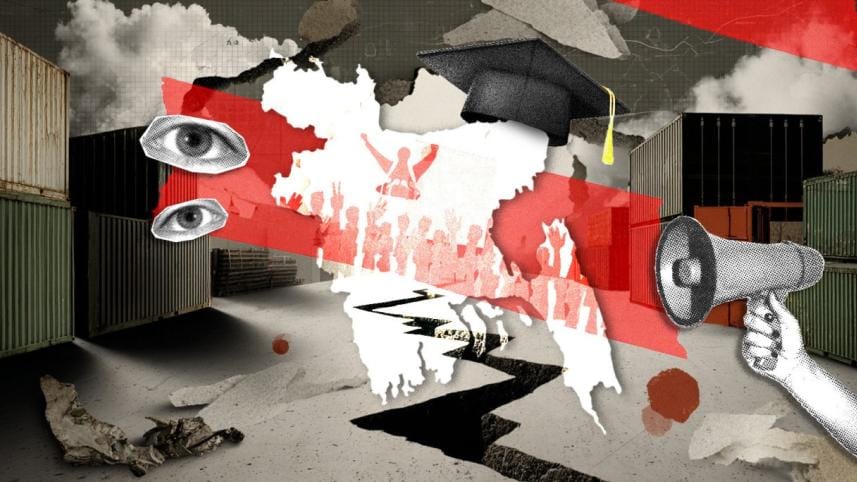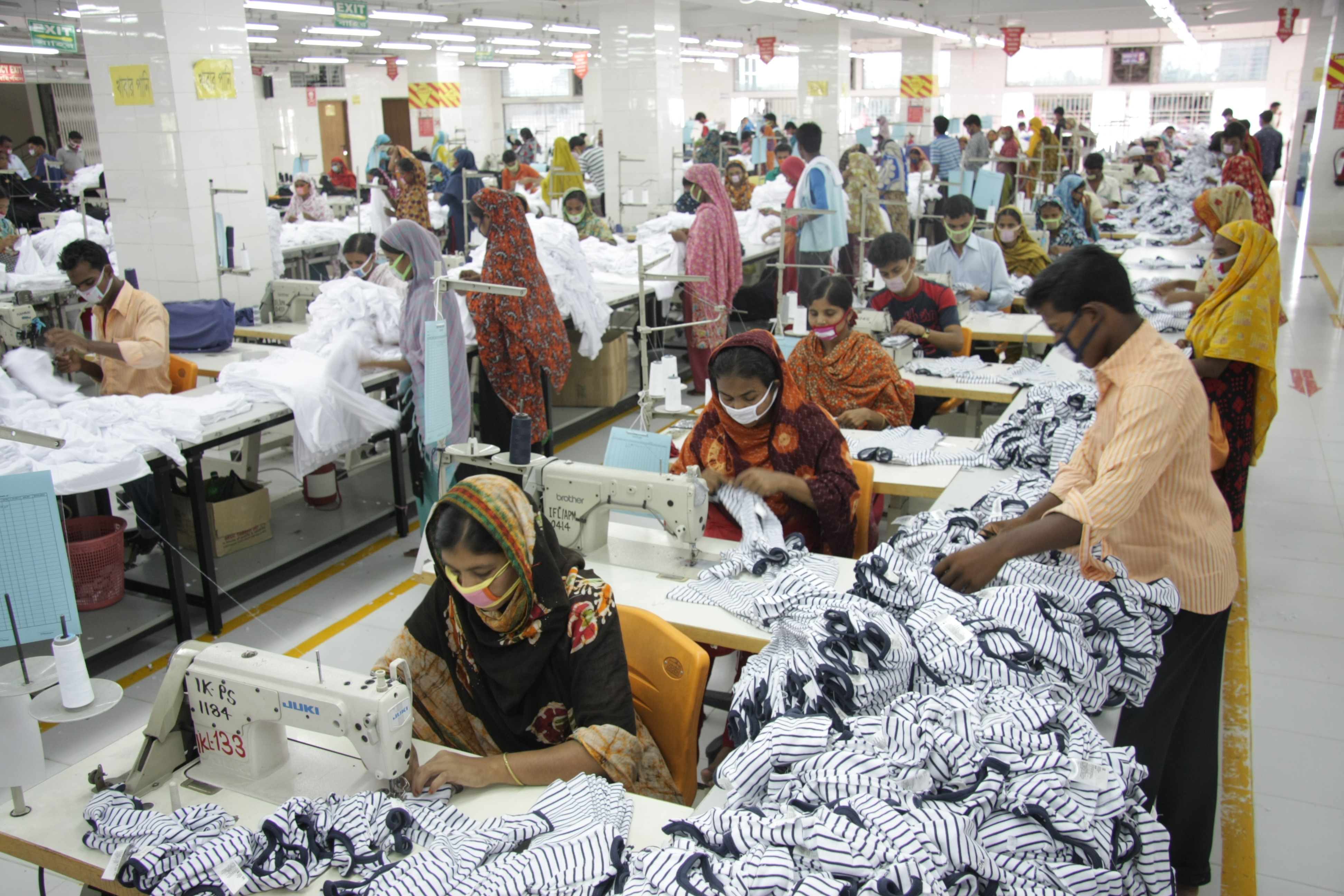The real challenge for Bangladesh after LDC graduation

In November 2026, Bangladesh is set to graduate from the United Nations' Least Developed Country (LDC) category. It is a moment many have called historic—a badge of honour earned through decades of hard work and resilience. An economy once synonymous with famine and aid dependency has become the world's second-largest garment exporter, lifting millions out of poverty in the process.
But celebrating the graduation without addressing the challenges that come with it would be misleading. Graduation is not a fairy-tale ending; it comes with real risks, new rules, and the potential for painful shocks if we fail to prepare.
Drawing reference from what BNP's Tarique Rahman recently remarked, graduation is not just a milestone—it comes with risks and challenges which we need to be honest about. Preferential trade deals will expire, concessional loans will dry up, and intellectual property rules on medicine will tighten. These are not distant hypotheticals; they are certainties. The question is whether we will treat graduation as a springboard to greater opportunities or stumble into a trapdoor of economic fragility.
The most urgent challenge lies in trade. At present, nearly 85 percent of Bangladesh's export earnings come from one source: ready-made garments. For millions of workers, most of them women, this industry represents not just a pay cheque but survival. Yet, once LDC graduation takes effect, the tariff-free access to Europe, Canada, and Japan that enabled our garments industry to flourish will gradually disappear.
Economists often use the metaphor of a chair: a country that depends on one or two sectors is like a chair with only two legs—it can stand, but not steadily. To stand firmly, a country needs four legs. Vietnam, once our direct rival in garments, understood this well. It diversified into electronics, ICT, and even shipbuilding, transforming itself into a manufacturing hub. If we do not follow suit, our chair may wobble and fall.
For years, as an LDC, Bangladesh has benefited from soft loans—low interest, long repayment periods, easy terms. Graduation will end this privilege. From then on, we will borrow like any other middle-income country, at a much higher cost.
The numbers are already daunting. Bangladesh's external debt has surpassed $100 billion. Ministries and state-owned enterprises, such as Biman and the power sector, also carry their own heavy debt burdens. Without proper fiscal discipline, the risks will accumulate rapidly.
Sri Lanka's experience should worry us. After losing access to concessional finance, it filled the gap with costly loans and, within a few years, spiralled into crisis. The lesson is clear: cheap credit disappears after graduation, but the bills keep arriving. Unless we modernise revenue collection, broaden the tax base, and attract more foreign investment, we could find ourselves cornered in the same way.
There is another dimension of graduation that strikes closer to home: medicine. Under the World Trade Organization's (WTO) rules, LDCs are allowed to produce generic versions of essential drugs. This has kept life-saving medicines affordable for ordinary people and enabled Bangladesh to build a thriving pharmaceutical industry.
But graduation ends this waiver. Without it, prices will rise, and many families will struggle to pay for drugs they currently buy at a fraction of the cost. Unless Bangladesh negotiates an extension or develops the capacity to produce advanced biosimilars and patented medicines, the health of millions will be at risk.
Behind all these issues—trade, debt, and medicine—lies a deeper concern: are our institutions ready? Too often, policymaking is fragmented, debt data is scattered across ministries, and reform is sidelined by politics.
For Bangladesh to thrive after graduation, its institutions must step up. Courts and regulators need to enforce contracts efficiently. Customs systems should be digitised to reduce costs and delays. Workers must be offered opportunities to reskill and transition into higher-value industries. Without this foundation, graduation will only expose the cracks.
Finance Adviser Salehuddin Ahmed recently emphasised the situation, stating that other countries are moving ahead, and we must make sure our country does not fall behind. While the remark is certainly true in some respects, we must also consider both sides of the coin.
Botswana built strong institutions and turned diamonds into lasting prosperity. Mauritius escaped the "sugar trap" by investing in services and tourism. Yet the Maldives, despite booming tourism, remains vulnerable to climate shocks, and Sri Lanka's debt crisis demonstrates what happens when finance races ahead of reform.
Bangladesh still has a choice. We can sprint through the next two years, negotiating smarter trade deals, creating a sovereign stabilisation fund, and reforming our tax and governance systems. Our story has always been one of resilience—of people refusing to give up in the face of adversity. But resilience alone cannot carry us forever. LDC graduation must not become an empty badge of honour that ordinary people end up paying for.
We need new industries, stronger institutions, and smarter governance. Only then will graduation be more than a milestone—only then will it mark the beginning of a new chapter, where Bangladesh competes in the world not as a fragile exception, but as a confident peer.
Ashfaq Zaman is the founder of Dhaka Forum and a strategic international affairs expert.
Views expressed in this article are the author's own.
Follow The Daily Star Opinion on Facebook for the latest opinions, commentaries and analyses by experts and professionals. To contribute your article or letter to The Daily Star Opinion, see our guidelines for submission.




 For all latest news, follow The Daily Star's Google News channel.
For all latest news, follow The Daily Star's Google News channel. 

Comments